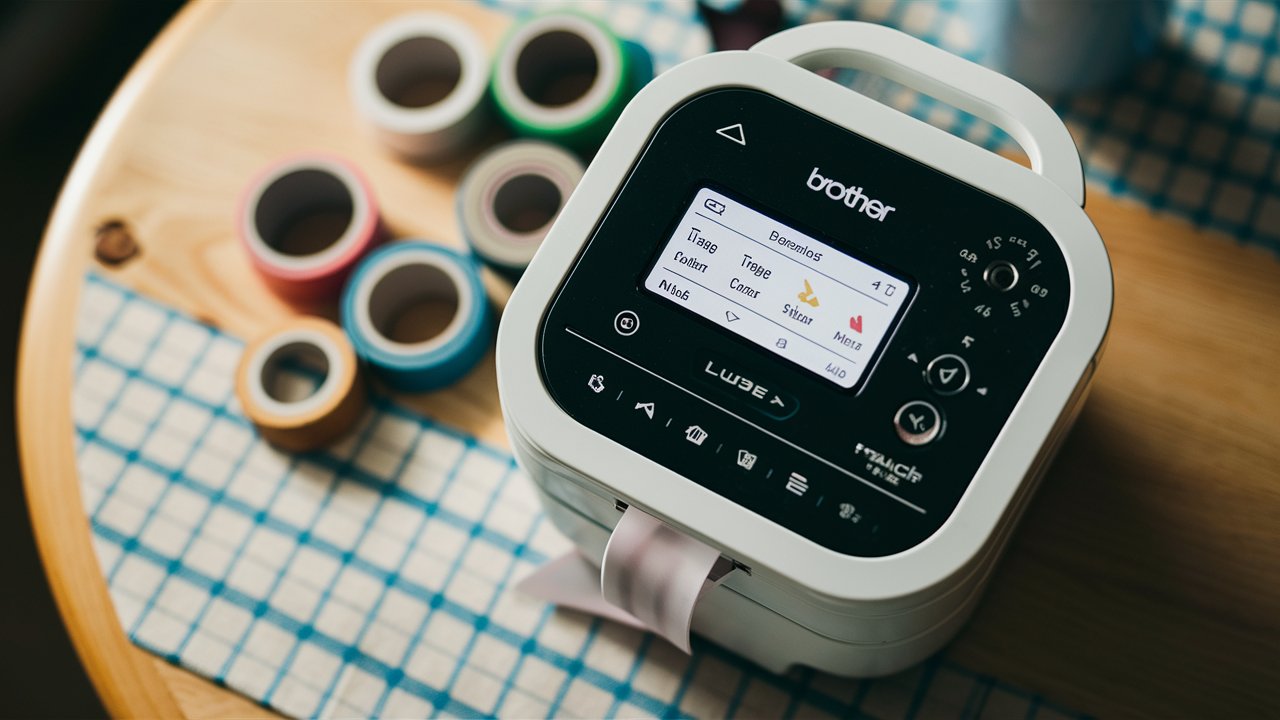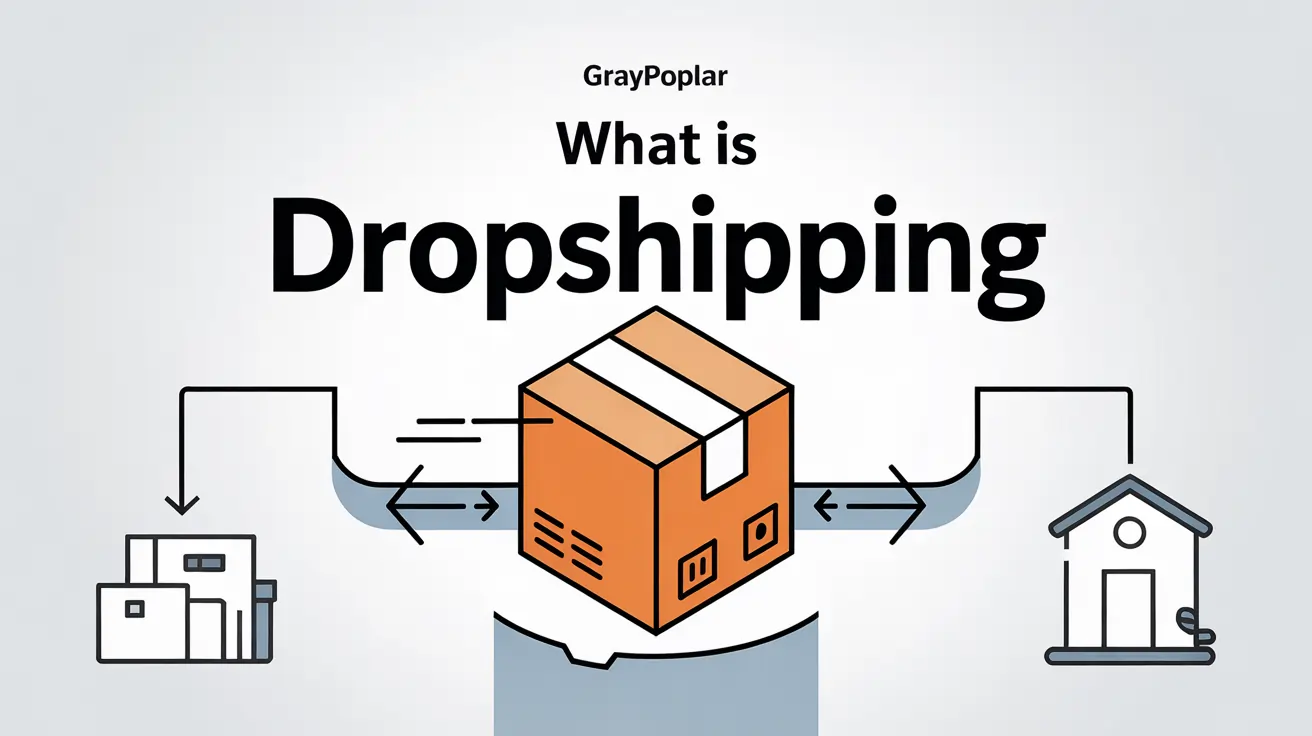When handling sensitive transactions such as paying traffic fines, renewing your driver’s license, or filing taxes in New Jersey, security should be top priority. Luckily, many state government agencies and municipal websites have upgraded their online payment systems with robust security measures to protect residents’ personal and financial information. This blog will break down the importance of secure payments, typical security features you’ll find on official websites, and best practices to keep your data safe.
Why Secure Payments Matter
- Protecting Personal Data: Paying fines or taxes online often requires inputting credit card or bank details. If these sites are not secure, your financial information could be at risk.
- Maintaining Trust: Government websites must uphold public confidence. Strong security measures ensure that residents feel comfortable using online services.
- Avoiding Fraud: Cybercriminals often target payment portals to steal credit card numbers or personal information. Secure systems reduce the likelihood of fraud.
How Government Agencies Secure Transactions
- SSL Encryption: Secure Sockets Layer (SSL) or its successor, Transport Layer Security (TLS), ensures that data transmitted between your computer and the website is encrypted. Look for “https” in the URL and the padlock icon in your browser.
- Firewall Protection: Firewalls help block unauthorized access to government servers, preventing cybercriminals from intercepting data.
- Secure Login Protocols: Reputable portals often require strong passwords and sometimes two-factor authentication.
- Regular Audits and Compliance: Government entities typically follow standards set by organizations like PCI-DSS (Payment Card Industry Data Security Standard) to protect credit card data.
Examples of Online Government Payment Services
- Traffic Ticket Portals: Websites that allow you to settle fines without going to court. For instance, you can do a nj ticket lookup or access the njmcdirect ticket system to verify outstanding fines. Often, these sites use multi-layer security to protect your payment.
- Tax Payment Platforms: The New Jersey Division of Taxation’s online system allows residents to file and pay state taxes. It employs encryption and verification measures to ensure data integrity.
- Municipal Websites: Local governments let you pay property taxes, utility bills, and other fees online. Most adhere to a standardized security protocol, but you should still verify the URL is correct and secure.
- DMV-Related Sites: The New Jersey Motor Vehicle Commission (NJMVC) offers license and registration renewals online, requiring personal data like license numbers and addresses. Strict data protection is paramount.
Identifying Legitimate Websites
Fraudulent sites sometimes mimic official websites, but there are ways to identify legitimate ones:
- Check the Domain: Government websites often use “.gov” or a verified domain. A site like www.njmcdirect.com ticket is the official portal for certain traffic ticket payments.
- Look for Contact Information: Official portals will usually display a customer service number or an official email address.
- Search Engine Verification: Use known search engines or follow links from the official state website (nj.gov) to locate the correct portal.
Best Practices for Secure Online Payments
- Use Strong Passwords: Create unique, complex passwords for each government portal. Consider using a password manager.
- Enable Two-Factor Authentication (2FA): If the website supports 2FA, enable it to add an extra layer of security.
- Avoid Public Wi-Fi: Public networks can be easily compromised. Use secure home or office networks for transactions.
- Keep Software Updated: Ensure your operating system, browser, and antivirus software are up to date.
- Log Out After Use: If you’re using a shared computer, always sign out and close the browser once you’re done.
Red Flags to Watch Out For
- Spelling Mistakes in the URL: A slight misspelling in the website address could indicate a phishing site.
- Requests for Unnecessary Information: If a site asks for details like your full Social Security number for a small payment, that’s a potential scam.
- Unsecured Forms: If you see a form asking for payment details but the web address is not “https,” avoid entering any information.
- Unsolicited Emails: Government agencies rarely send direct payment links via email. If you receive such an email, verify its authenticity before clicking.
What to Do If Something Goes Wrong
- Contact Your Bank: If you suspect unauthorized activity, immediately inform your bank or credit card provider. They can freeze your account or initiate fraud protection measures.
- Notify the Website Administrator: Report suspicious activity to the website’s customer service or IT department.
- File a Police Report: In cases of identity theft or severe fraud, filing a report can help protect your legal rights.
- Monitor Your Accounts: Keep an eye on your bank and credit card statements for any suspicious charges.
Evolving Security Measures
Cyber threats evolve constantly, so government websites often update their security protocols:
- Biometric Authentication: Some agencies may consider thumbprint or facial recognition for high-security transactions.
- AI and Machine Learning: These technologies can detect unusual activity patterns, blocking fraudulent transactions in real-time.
- Blockchain Technology: While not widespread in government yet, blockchain could provide secure, tamper-proof records of transactions.
Future of Secure Payments in NJ
As technology grows more sophisticated, expect payment portals to offer advanced features:
- Instant Verification: Real-time checks against known fraud databases to confirm legitimate users.
- Digital Wallet Integration: Secure payment apps like Apple Pay or Google Pay might become accepted for government transactions.
- Encrypted Chat Support: Online customer service channels will increasingly use end-to-end encryption to protect user queries and data sharing.
Why It Matters for New Jersey Residents
- Peace of Mind: Knowing your information is secure encourages more people to use online services, reducing lines at municipal offices.
- Cost Savings: Secure, efficient digital transactions can save the state money on administrative costs, potentially benefiting taxpayers.
- Convenience: When you trust the online payment system, you’ll handle tasks like paying fines or renewing documents more frequently online, avoiding the need for appointments.
Quick Scenario
Imagine you have an unpaid traffic ticket and need to settle it fast. You log onto www.njmcdirect.com ticket to access the njmcdirect ticket system. The site uses SSL encryption (you see the padlock icon), and after verifying your credentials, you securely enter your credit card details. The payment processes instantly, and you receive an email receipt within minutes. That receipt includes an official confirmation number and references the date and time of your transaction, giving you the assurance that your payment was properly processed and your data remained safe.
Conclusion
Secure payment platforms are crucial for modern governance, especially in a state as busy and tech-savvy as New Jersey. By implementing strong encryption, firewall protection, and rigorous compliance standards, government agencies help protect residents from the ever-present threat of data breaches and fraud. In turn, it’s equally important for users to practice good online habits—strong passwords, updated software, and vigilance—to maintain the integrity of these platforms.
Whether you’re looking up nj ticket lookup options, navigating the njmcdirect ticket system, or finalizing a transaction on www.njmcdirect.com ticket, remember that security is a shared responsibility. By staying informed and cautious, you contribute to a safer, more efficient digital ecosystem in the Garden State.




